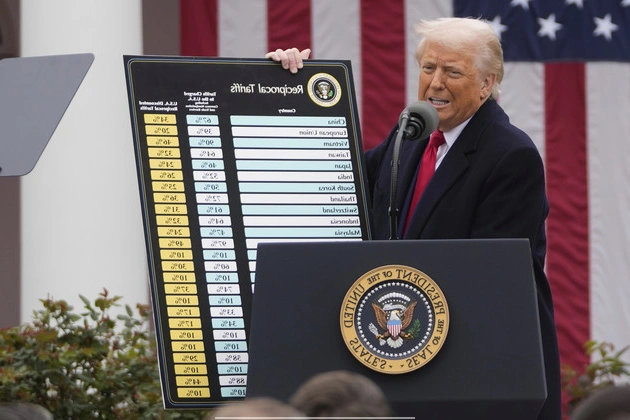
Recent federal court decisions have introduced uncertainty into President Trump’s trade negotiations, affecting discussions with key trading partners. The rulings have reshaped the dynamics of tariff talks and raised questions about the future direction of international trade.
The Impact of Court Rulings on Trade Talks
The decisions have altered the negotiation landscape, prompting countries to reassess their strategies and positions. With the administration facing setbacks in its trade agenda, the pressure on countries to comply with U.S. demands has lessened.
European officials have noted that the court rulings strengthen their bargaining position, putting the onus on the U.S. to engage in more constructive negotiations. Despite the rulings, many countries remain committed to ongoing talks, emphasizing the importance of reducing tariffs and fostering trade relationships.
While specific tariffs are under scrutiny, broader challenges persist, including the imposition of tariffs on key industries like autos, steel, and aluminum. The unresolved issues create a complex backdrop for future trade discussions.
International Responses and Forward Strategies
Global reactions to the rulings vary, with some countries viewing the decisions as opportunities to recalibrate their negotiation tactics. However, the specter of potential new tariffs looms large, leading to cautious optimism in trade circles.
As countries brace for possible tariff expansions, the need for continued dialogue remains critical. The evolving trade landscape demands flexibility and foresight to navigate potential challenges.
Future Prospects and Diplomatic Engagements
Despite the uncertainties, diplomatic efforts are ongoing to maintain dialogue and explore avenues for mutual understanding. High-level engagements between the U.S., Europe, Japan, and other key players underscore the importance of sustained negotiations.
The court rulings have sparked discussions on the need for a new economic paradigm, emphasizing the shared interests in promoting trade cooperation and mitigating trade tensions.
As negotiations evolve, stakeholders are urged to stay informed and adapt to changing circumstances to foster a conducive environment for trade relations.
Conclusion
The recent court rulings have injected a new dimension into global trade discussions, reshaping the contours of negotiations and prompting a reassessment of trade policies. As countries navigate the complexities of trade relations, the need for open dialogue and proactive engagement becomes paramount for ensuring sustainable economic partnerships.











